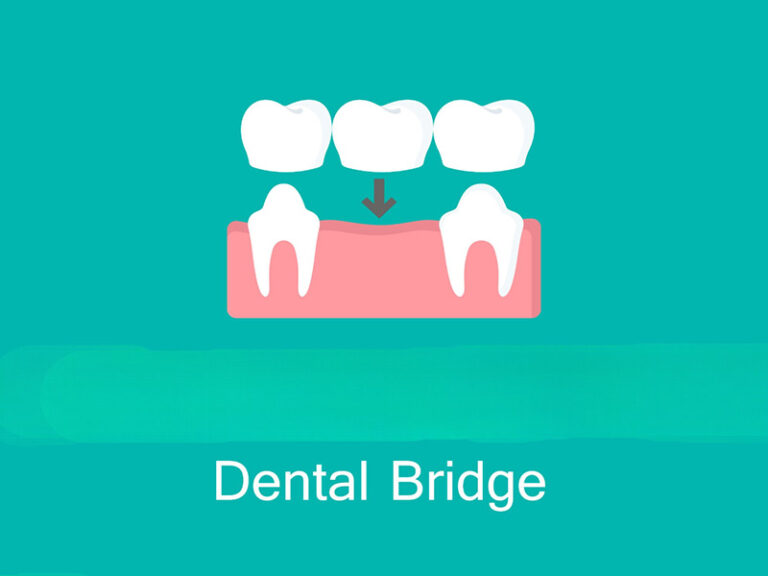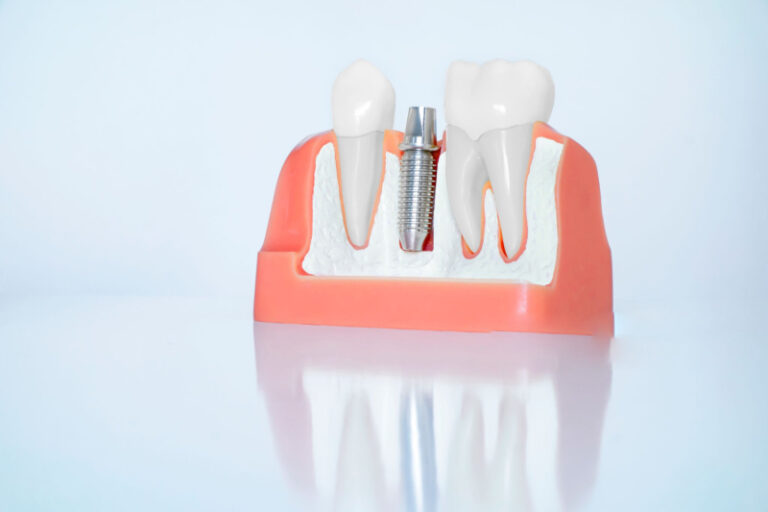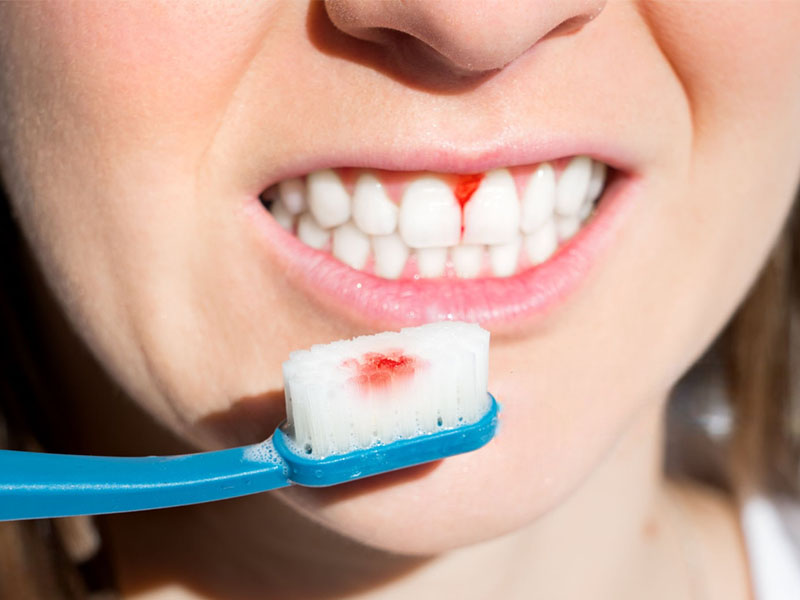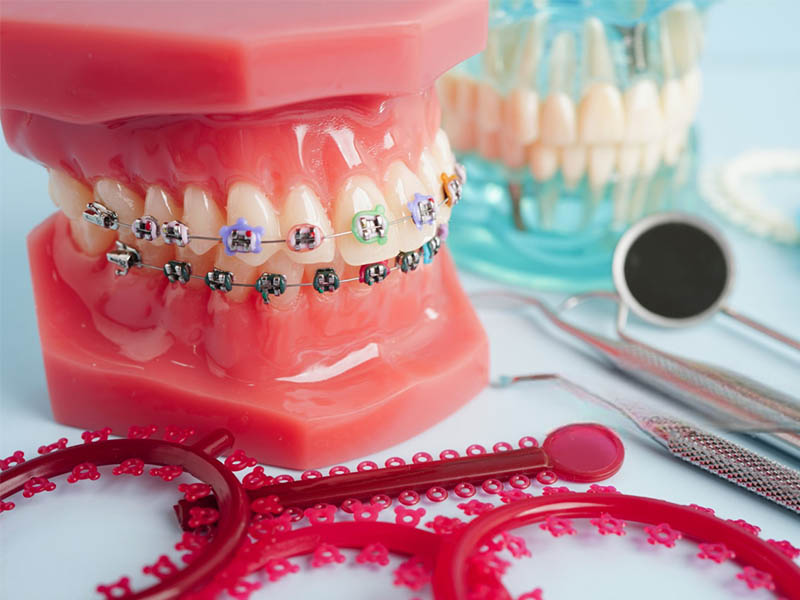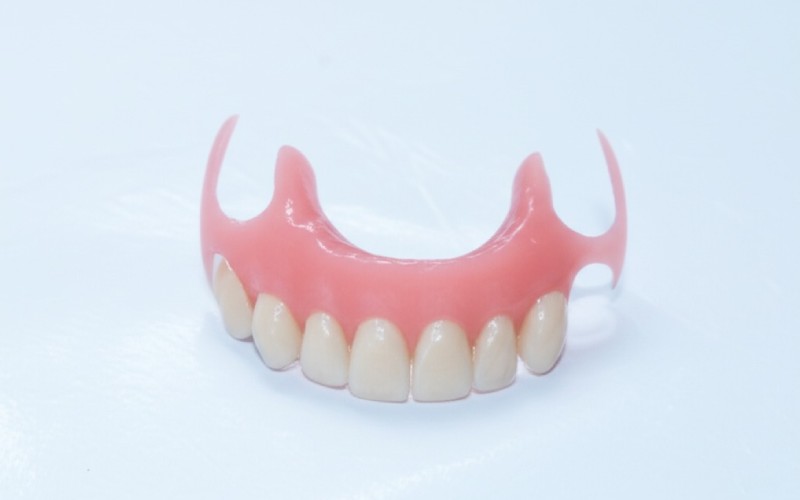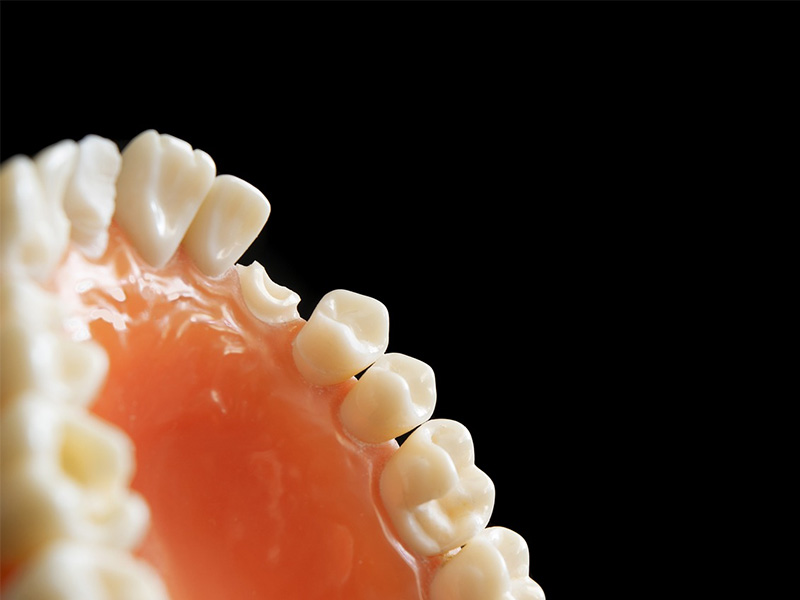
Zahnprothesen vs. Zahnimplantate: Die Vor- und Nachteile des Ersatzes fehlender Zähne
This article is for you, if you are asking the same question. We will look at the pros and cons of both Zahnersatz und Zahnimplantate. I will break it down in simple terms. I’ll give you the clear facts you need. This will help you talk to your dentist and choose the best way to replace your missing teeth. This is an important choice for your health and happiness.
Inhaltsübersicht
What Are Dentures and How Do They Work?
Let’s start with the basics. What is a denture? A denture is a replacement for missing teeth that you can take out. Think of it as a set of new teeth that rests on your gum line. Dentures are removable prostheses, which means you don’t wear them all the time. You take them out at night to clean them and to give your gum tissue a rest. This type of denture has been around for a long time and has helped many people.
There are two main types of denture. If you need to replace all the teeth on the upper or lower part of your mouth, you get complete dentures, also known as full dentures. If you only need to replace a few missing teeth, you can get a partial denture. A partial denture clips onto your remaining teeth to stay in place. Dentures are made to look like natural teeth and gums, giving you a full smile. A conventional dentures option is a common choice for many people.
What Is a Dental Implant, and Is It a Permanent Solution?
Now, let’s talk about a dental implant. A dental implant is very different from a denture. It is a permanent solution for a missing tooth. The implant itself is a small metal post, usually made of titanium. A dentist surgically places this post into your jawbone. This post acts like a new tooth root. Over a few months, the implant fuses with your jawbone. This creates a very strong base.
Once the implant post is secure, your dentist attaches a new, artificial tooth to it. This new tooth is made to match your other teeth. Because a dental implant is fixed in your jawbone, it does not move or slip. It feels and works very much like a natural tooth. Dental implants can last a lifetime with proper care. You can get a dental implant to replace one tooth, or you can get several implants to support a Zahnbrücke or even a full set of new teeth.
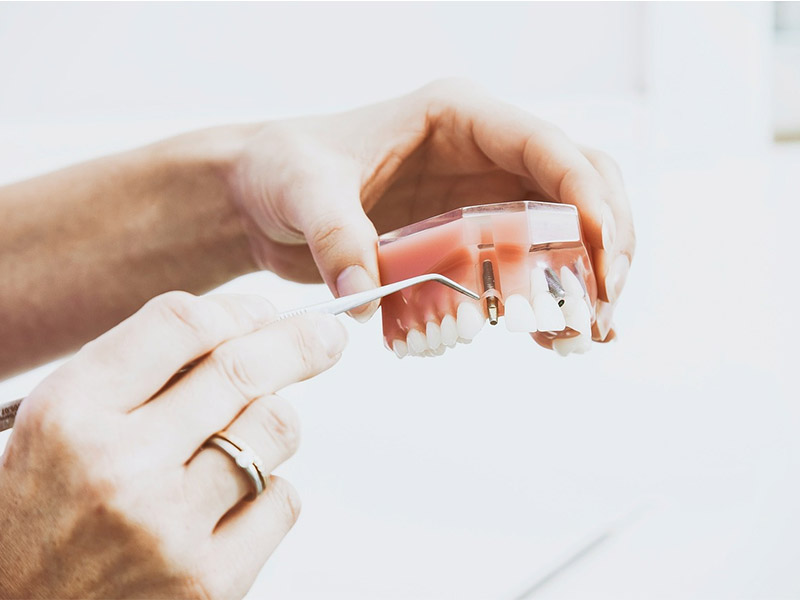
Pros and Cons of Dental Dentures: What Should I Know?
Every tooth replacement option has good and bad points. Let’s look at the pros and cons of a denture. The biggest advantage is the cost. The cost of dentures is much lower than the cost of a dental implant. The process is also faster and does not involve surgery. This makes a denture a good choice if you have a tight budget or cannot have surgery. A denture can quickly restore your smile and ability to chew.
However, there are some cons. A major disadvantage is that a denture can feel loose. Some people need to use a special adhesive to keep their denture in place. A denture can also rub against your gum and cause sores. It can be hard to eat certain sticky or hard foods. A denture also needs special cleaning every day. Some people find that a denture feels bulky in their mouth. Dentures require a period of adjustment to get used to speaking and eating with them.
What Are the Pros and Cons of Dental Implants?
Now let’s review the pros and cons of dental implants. The biggest pro is that a dental implant feels just like a natural tooth. You can eat your favorite foods without worrying. A dental implant also helps keep your jawbone healthy, which we will talk about more later. Dental implants have a high success rate and look very natural. With proper care, a dental implant can last for your whole life.
The main con is the cost. Implants are more expensive than a denture. The dental implant procedure is also a surgery, so it has a longer healing time. Not everyone is a good candidate for a dental implant. Implants require a certain amount of healthy jawbone to hold the post. If you have bone loss, you may need another procedure first. While rare, there is a risk of implant failure. These are the main cons of dental implants to consider.
Dentures vs. Dental Implants: Which Looks More Natural?
When you have missing teeth, you want your new teeth to look real. Both dentures and dental implants are designed to look good. A denture is made to look like natural teeth and gums. Dentures are made to look very realistic today. A well-made denture can give you a beautiful smile. The main issue can be the fit. If a denture does not fit well, it might not look as natural when you talk or smile.
A dental implant often looks more natural. This is because the new tooth comes right out of your gum, just like a real tooth. There are no clips or plastic parts showing. Since the dental implant is securely fixed in your jawbone, it will not move. Dental implants look and feel so real that you might forget you have one. For a single missing tooth, a dental implant is often the most natural-looking choice.
How Do I Care for a Denture vs. a Dental Implant?
Proper care is very important for any tooth replacement. Caring for a denture is very different from caring for a dental implant. A denture needs special cleaning. You must remove your denture every night. You need to brush it with a soft brush and a special cleaner to remove food and plaque. Then, you soak the denture in a special solution overnight. This keeps the denture clean and helps prevent gum problems.
Caring for a dental implant is much easier. You care for it just like your natural teeth. You need to brush twice a day and floss every day. Regular check-ups with your dentist are also important. There is no need to remove anything or use special soaks. Proper care and maintenance for a dental implant is simple and helps ensure it will last a lifetime with proper care. Good oral health habits will keep both your implant and your remaining teeth healthy.
What Is the Cost of Dentures Compared to Dental Implants?
Money is a big factor for many people. When we look at dentures vs dental implants, there is a big difference in cost. A denture is the less expensive option. The average cost of a denture is much lower upfront. If you need to replace many teeth, a partial denture or a complete denture is often the most affordable choice. Many dental insurance plans offer some coverage for a denture.
A dental implant is a bigger investment. The cost of dental implants is higher because it involves surgery and high-quality materials. Implants are more expensive, and the implant procedure can cost thousands of dollars for a single tooth. While some dental insurance plans may help, you will likely have more out-of-pocket costs. However, a dental implant is a permanent denture solution that can last a lifetime, which might save you money in the long run.
Am I a Good Candidate for a Dental Implant?
Not everyone can get a dental implant. To be a good candidate, you need to have good oral health and general health. The most important factor is your jawbone. You need to have enough healthy jawbone for the dentist to place the implant post. The health of your jawbone is key. If you have had missing teeth for a long time, you may have some bone loss.
You also need to have healthy gums. If you have active gum disease, it will need to be treated before the implant procedure. Your dentist will do a full check-up and take x-rays to check your bone density. This consultation will determine if a dental implant is a safe option for you. If you are not a good candidate, a denture is still a great way to replace one or more missing teeth. You can get a denture regardless of how much bone is present.
Can a Denture Help My Jawbone Like an Implant Can?
This is a very important question about your long-term dental health. Your jawbone needs stimulation to stay strong and healthy. The roots of your natural teeth provide this stimulation when you chew. When you lose a tooth, that part of your jawbone no longer gets a workout, and it can start to shrink. This is called bone loss.
A dental implant is the only tooth replacement option that acts like a natural tooth root. The implant post stimulates the jawbone, which helps to prevent bone loss. This keeps your jawbone strong and helps protect your facial structure. A denture, on the other hand, rests on top of your gum. It does not stimulate the jawbone underneath. Over time, the jawbone under a denture can continue to shrink. This is why a denture may need to be refitted or replaced every few years.
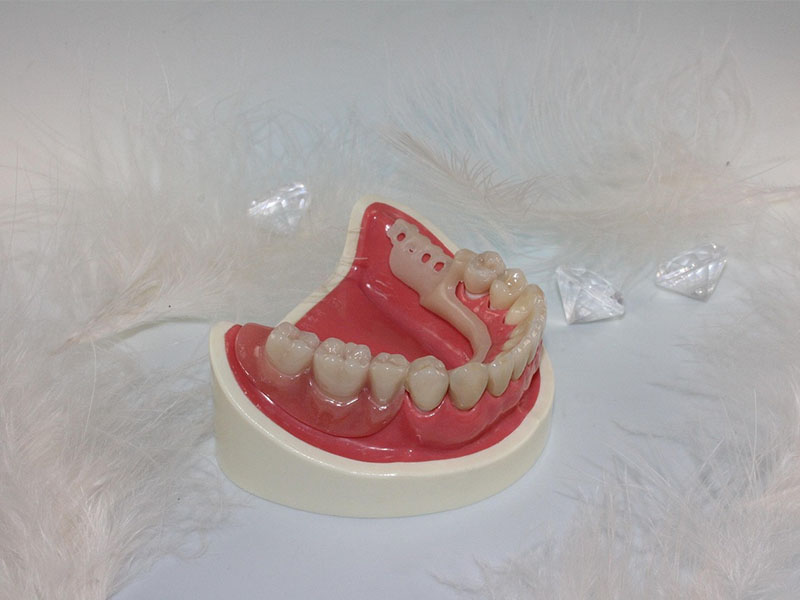
Which Tooth Replacement Option Is Right for Me?
So, how do you choose between dentures or dental implants? The best choice depends on you. Think about your health, your budget, and what is most important to you. A denture is a good, affordable choice that can quickly give you a full set of teeth. People who cannot have surgery or have significant bone loss often prefer dentures. A removable denture is a tried-and-true solution.
A dental implant is a great choice if you want a permanent solution that feels and functions like a natural tooth. If you want to prevent further tooth loss and bone loss and are in good health, a dental implant may be right for you. There is also a middle ground called implant-supported dentures. This is a type of denture that snaps onto a few dental implants for better stability. Talk to your dentist. A consultation will help you understand all the pros and cons of dental implants and dentures for your own situation.
Dinge zum Merken
- Zahnersatz are removable, less expensive, and don’t require surgery. A partial denture can replace one or more teeth, while complete dentures replace all teeth.
- Zahnimplantate are a permanent solution that feels like a natural tooth and helps keep your jawbone healthy.
- Kosten is a big difference. A denture has a lower upfront cost, while a dental implant is a bigger long-term investment.
- Pflege is different. A denture needs to be removed and cleaned daily, while a dental implant is cared for like a natural tooth.
- Health matters. You need a healthy jawbone and gums for a dental implant. A denture can be an option even with some bone loss.
- Talk to your dentist. They can check your oral health and help you decide if dentures or implants, or another option like a dental bridge, is best for you.



